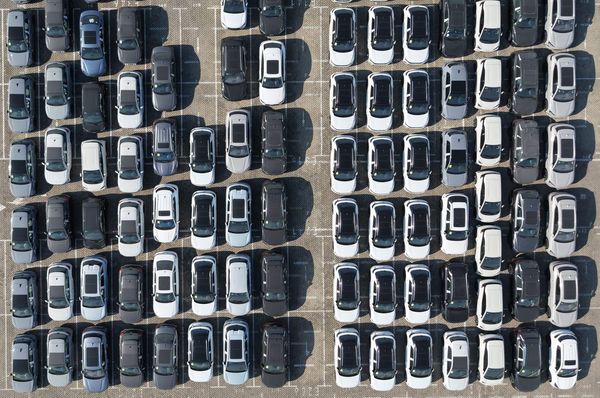Gilead Sciences (GILD) has uncovered a network that sold some $250 million of counterfeit versions of its HIV medications, a media report says.
The network of suppliers and distributors sold the counterfeit drugs to pharmacies over the past two years, The Wall Street Journal reported. The drugs then ended up with patients, the report says.
The company had said in August that it “became aware of tampered and counterfeit versions” of its Biktarvy and Descovy HIV medications “in circulation within U.S. drug distribution networks.
“Distributors not authorized by Gilead to sell Gilead-branded medicine have sold these counterfeits to pharmacies where genuine Gilead bottles have been tampered with a counterfeit foil induction seal or label and contain incorrect tablets.”
The Foster City, Calif., pharmaceutical major says the term "counterfeit" reflects both fake pills and genuine medications that have fake documentation or altered packaging, the Journal reported.
In July, Gilead had filed a lawsuit charging that the distributors sold its HIV drugs with falsified documentation and altered packaging, and the judge in the case unsealed the suit on Tuesday, the Journal reported.
The drugs in question are primarily Biktarvy and Descovy. The drugs reach pharmacies in sealed bottles; pharmacists do not fill the containers, the paper reported.
A Gilead Sciences spokesman told the paper that many of the counterfeit drugs were purchased from homeless or drug-addicted HIV patients and then resold with false documentation.
The lawsuit asks the court to award damages and to prohibit the defendants from selling the companies medications, whether genuine or counterfeit. The suit alleges violations of trademark law and participation in a racketeering conspiracy, the Journal reported.
In December Johnson & Johnson (JNJ), the New Brunswick, N.J., health-care giant, noted three instances in which unauthorized distributors sold its Symtuza HIV drug in containers with the wrong tablets.
The U.S. operates one of the world's safest pharmaceutical supply chains, the Journal reported. But some counterfeits still reach the market, most often via online sellers and via smugglers from Mexico, the paper reported.







